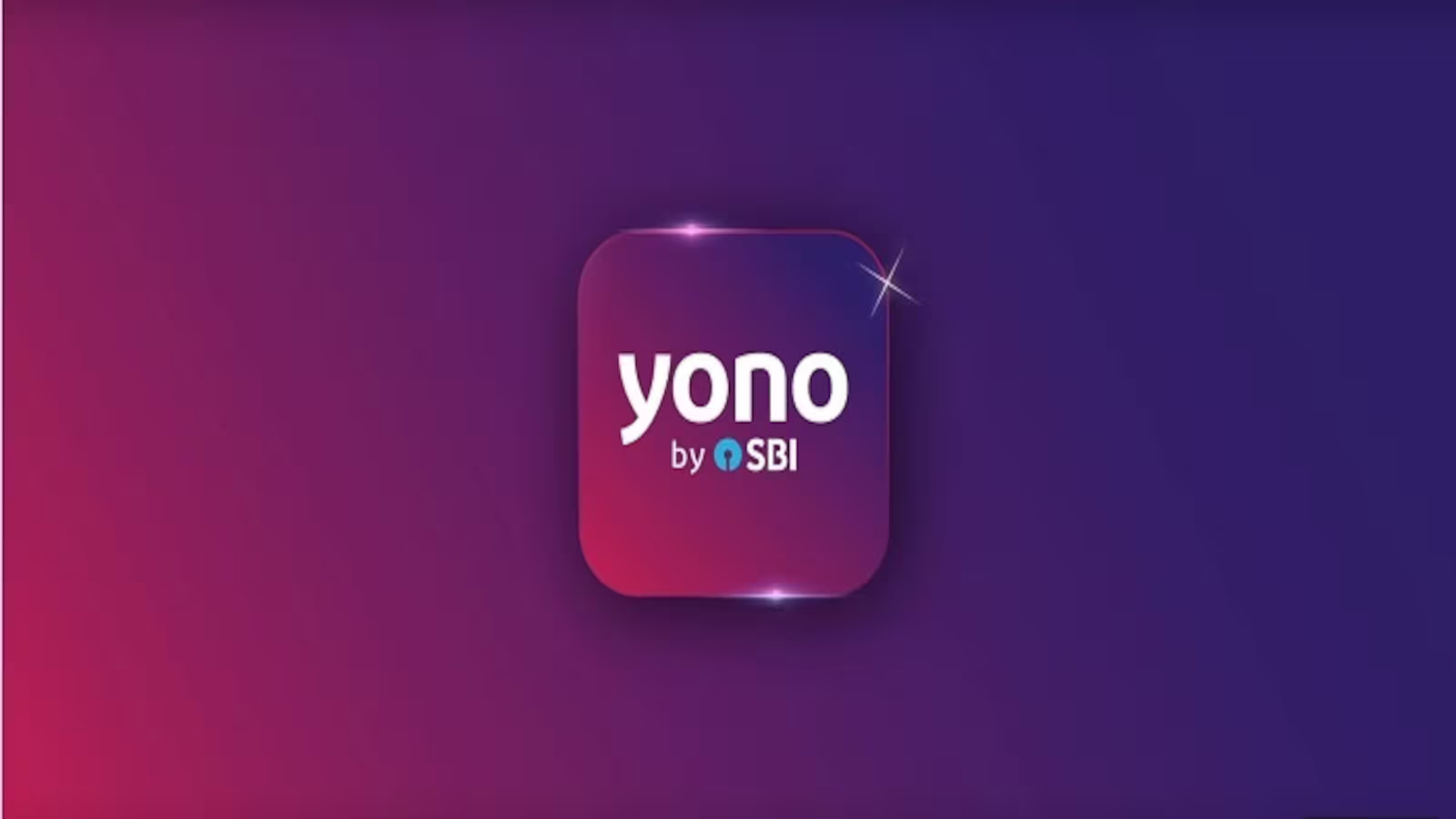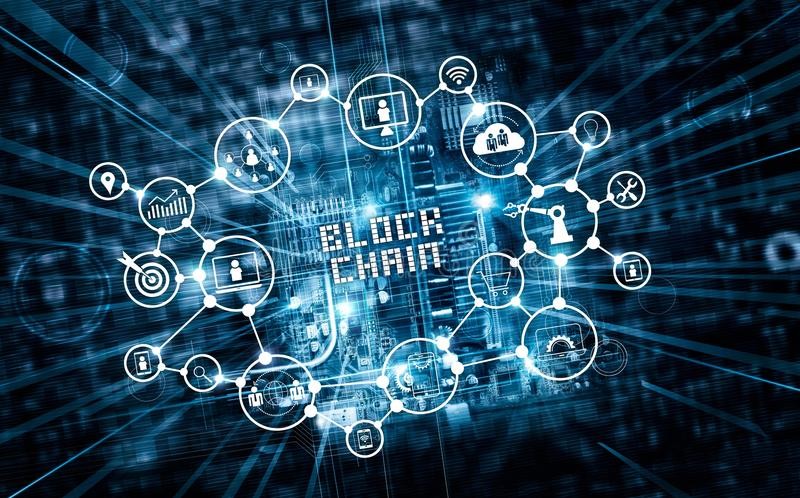In recent years, blockchain technology has exploded in popularity due to its use in cryptocurrencies and NFTs. However, beyond these headline-grabbing applications lies immense potential for blockchain to drive positive change. By leveraging its innate transparency and immutability, blockchain could help heal the planet, empower disadvantaged communities, and restore trust in institutions for the betterment of society.
The Transformative Power of Decentralization and Trust
At its core, blockchain is a decentralized digital ledger that records transactions and data across a peer-to-peer network. This means no single entity controls the network. Combined with cryptographic measures that make past records tamper-proof, blockchain fosters trust and accountability—something desperately needed to tackle systemic issues like climate change and inequality.
By decentralizing power and putting trust directly in the hands of network participants, blockchain-based solutions can incentivize sustainable behaviors from businesses and individuals. They can also increase access to vital services for marginalized groups. This gives blockchain the potential to drive systemic change at scale.
Leveraging Blockchain to Combat Climate Change
As a globally connected ledger, blockchain has numerous climate change fighting abilities. Most notably, it enables greater emissions transparency across value chains and new marketplaces for carbon mitigation.

Increasing Corporate Emissions Accountability
Major corporations from Microsoft to Mercedes are pivoting business operations to become carbon neutral. However, accurately tracking complex supply chains to calculate total emissions is challenging. This is where blockchain can help.
By permanently recording emissions data across parties, blockchain provides reliable and real-time visibility into carbon footprints across entire product lifecycles. With this transparency, corporations can better prioritize and incentivize decarbonization efforts across their distribution networks for bigger impact.
Global Marketplaces for Carbon Offsetting
Carbon offsetting allows companies and individuals to compensate for their emissions by funding equivalent greenhouse gas reductions elsewhere. Offsets are issued as carbon credits tied to specific reduction projects.
However, carbon markets have suffered from credibility issues due to offset double counting and lack of transparency. By immutably tracking the issuance, holdings, and retirement of carbon credits on blockchain, we can eliminate doubts around offset authenticity.
Already companies like Toucan and Verra are harnessing blockchain to make carbon markets more accountable. These trustworthy ecosystems better incentivize businesses and consumers to invest in projects that reduce emissions, conserve forests, or develop renewable energy.
Empowering the Underserved Through Financial and Social Inclusion
In addition to environmental benefits, blockchain applications aimed at financial and social inclusion could significantly improve living standards for disadvantaged groups globally.
Enhancing Financial Inclusion
Today nearly 2 billion working-age adults globally lack access to basic financial services. However, blockchain powered solutions like decentralized finance (DeFi) could fill this gap.
By connecting participants directly to lending pools, insurance providers, and other essential financial tools, DeFi makes access unconditional. This enables affordable credit, payments, investments and risk protection for unbanked and underbanked groups. Already blockchain fintechs are empowering microentrepreneurs and women in developing regions like Africa, Asia and Latin America.
Protecting Human Rights
Unfortunately human rights abuses remain commonplace for vulnerable groups like refugees and migrant workers. However blockchain based digital ID systems could help protect fundamental civil liberties.
Through cryptographic identification methods, blockchain IDs give refugees control over personal records – mitigating identify fraud risks that enable trafficking and exploitation. Such systems also facilitate cross-border governance, enabling smoother healthcare access, employment rights and assistance programs.
Likewise blockchain data storage gives citizens and watchdog groups a tamper-proof documentation tool to record rights violations for greater accountability. Overall blockchain ID solutions reinforce civil liberties protections.
Overcoming Challenges on the Path to Adoption
While blockchain’s societal benefits inspire hope, mainstream implementation still faces adoption obstacles around technology constraints, policy hurdles and access inequities.
Navigating Scalability and Interoperability Limitations
Early blockchain networks like Bitcoin and Ethereum suffer from slow transaction speeds, high energy costs, and limited throughput capacity. These scalability and efficiency issues currently hinder competitiveness against traditional solutions.
However ongoing network upgrades like Ethereum’s Merge to a Proof-of-Stake consensus model promise vastly enhanced performance. Additionally cross-chain interoperability protocols now in development could soon allow seamless navigation across blockchain ecosystems for easier adoption.
Advancing Regulatory Frameworks
Thus far the fast pace of technological change in crypto has outpaced policymaker responses. But for blockchain solutions underpinning carbon markets, global finance, and social systems – clear regulatory guardrails aligned to ecosystem nuances are essential.
By proactively collaborating with governments, industry leaders can develop balanced policy frameworks. These should both mitigate risks like fraud and money laundering while still nurturing innovation for economic and social opportunities.
Bridging the Digital Divide
Lastly, global internet access and tech literacy inequalities threaten to exclude less connected groups from blockchain adoption gains. An estimated 2.9 billion people still lack internet access, predominately across Asia, Africa and developing regions.
Ensuring digitally-disconnected communities can leverage blockchain for climate or socio-economic progress will require multi-sector efforts. These include infrastructure partnerships, decentralized network models like Helium’s “people-powered” model, plus blockchain and cybersecurity skills-training programs.
Joining Together to Build an Improved Future
Despite prevailing headwinds, blockchain technology holds unique potential to resolve coordination weaknesses holding back climate and social justice solutions.
But realizing this future relies on a unity of vision and effort across corporations, governments, nonprofits and individuals. Every one of us must contribute our strengths while supporting those needing elevated voices.
Together by raising ambitious sustainability and equality standards, voting conscience over rhetoric, and exploring blockchain’s alignment with our values – we can build the world hoped for by generations past and owed to those coming after.













Add Comment